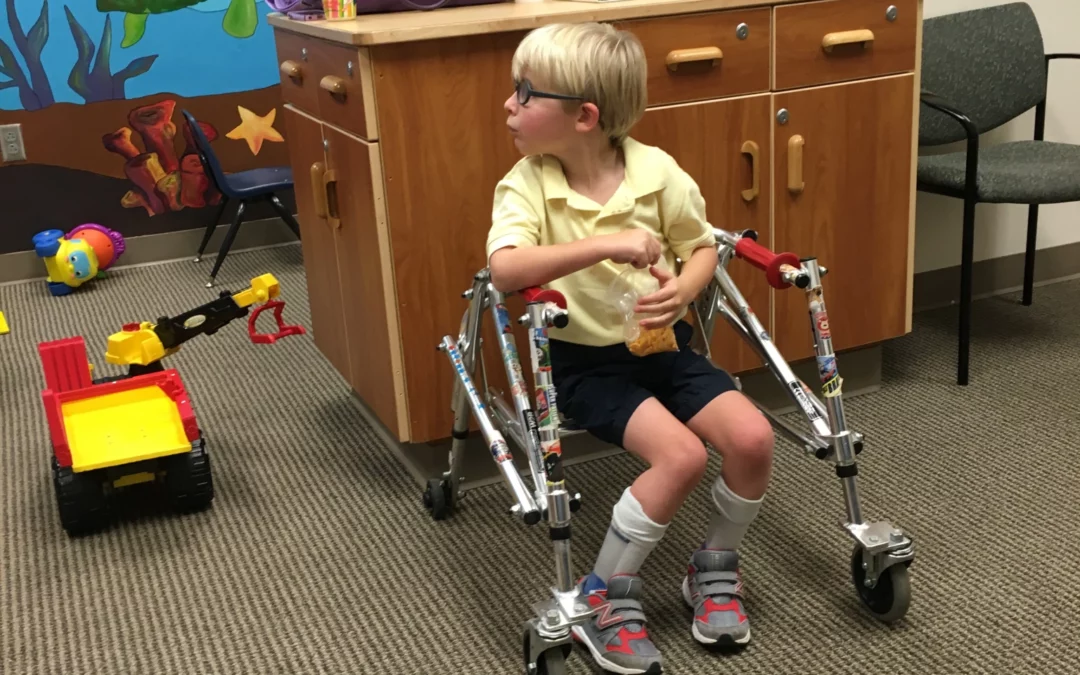Waiting Room Friends
In my last blog post, I mentioned spending a lot of time in waiting rooms. If you’re a fan of the show The Office, you will appreciate my ability to channel my inner Dwight Shrute with my version of “Mega Desk”, using multiple waiting room chairs and the occasional toddler table. Sometimes even including the bonus (always broken) magnet boat game in the table.
As I work, I can usually guess who will be there that day. There is typically the multiple-kid mom who on any given day is in some state of Jesus-take-the-wheel. You have the occasional appearance of “wife-had-another-appointment” dad; he is always fun to watch. Never quite confident of what to do after check-in, but on the other hand really doesn’t care, because he knows “I got them here… the rest of the equation will solve itself”.
With that said, typecasting my fellow purgatory brethren is not the point of this blog, however amusing it may be. I want to shed some light on this very specific cohort of families.
We are our own coincidental community. We gather week after week, sharing short conversations or stories while waiting to see if any newbies walk in. Several families are special to me because they are dealing with so much more than you could ever know.
These particular families have children who are medically fragile or have severe behavioral issues. Why are they such a unique group? For one, this trip the families take to the waiting room may be the only interaction they have with the outside world. In many cases, this is the only time they will be away from their home that week. While the diagnosis of a medically fragile family member or a child with behavior disorders can be very different, the net effect is the same…often a sheltered and isolated existence.
I have said it before and will say it again, we are blessed with Drew. While heading out to any event can be difficult and time consuming, we manage to venture out with him quite a bit. In fact, Drew has basically grown up every Wednesday night eating dinner with our friends at our favorite local Mexican restaurant. He treats the place like his living room and everyone knows and loves him. We do have our own sensory issues with Drew, and there are certainly places we cannot go with him, but we can at least get out of our house.
If your child has behaviors that are not controllable, public settings of all types are nearly impossible to manage. In similar fashion, for a medically fragile family member it may be too difficult or just plain unsafe to load the wheelchair, feeding tube, supplemental oxygen, suction…the list goes on. Just to run out to a dinner or a birthday party is a true undertaking.
Up until recently (thank you Facebook), most of these families were off the radar. Sure, if they were close family or friends you knew they existed. Unfortunately, until the last several years, out of sight/out of mind was standard practice when it came to special needs families.
Social media has done so much good to bring awareness to special needs families. For example, take Tripp Halstead. Many of us have heard about Tripp’s story from the news coverage it received. He was involved in a tragic accident at his day care which resulted in a traumatic brain injury. It just so happened that Tripp had the physical therapy appointment right after Drew.
I would see his mom, Stacy, multiple times a week. Stacy would write extensively about her experience in a very real and beautiful way. Stacy needed a connection that she had lost with the normal physical world; she wrote not only to share her difficult new journey with Tripp, but as an outlet for her feelings. It just so happened that Stacy was a very good writer (all written on her phone and with one finger typing, I have witnessed!) and her page for Tripp cultivated hundreds of thousands of followers. This was amazing to me.
Knowing Stacy, she never wrote for fame, but for an emotional outlet. In turn she singlehandedly opened a new world of understanding and empathy for Tripp’s followers around the world. One of my favorite things she would do on Sundays was allow other families to share their stories. She harnessed social media and offered a voice to the voiceless.
If 2020 has taught us anything, it’s that the human race needs interaction and that shelter-in-place is no way to live. But if you think about it, special needs families have been living their own version of 2020 for much, much longer than we can comprehend. Many of us hope to line up and get our shot (like the good little lambs we are) and get back to our active lives. But as for behavior and medically fragile families, their 2020 will continue.
So next time you hear of a family that cannot go and do, who’s trip to the doctors office may be their only weekly adventure, stop to empathize. We all know now the pain and loneliness of isolation. This is just a small fraction of the challenges a special needs family faces daily. Offer a friendly visit, support a special needs cause, or share their story to raise awareness. It would be appreciated more than you may ever understand.


Your determination and enthusiasm resonate in every paragraph you pen. It’s truly inspiring.